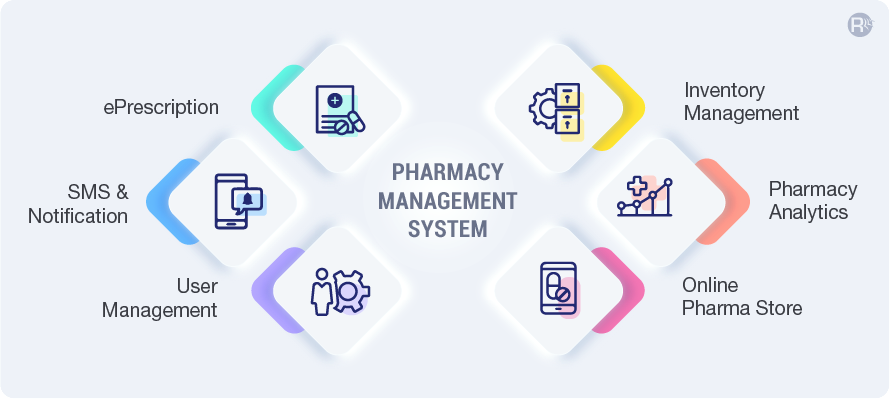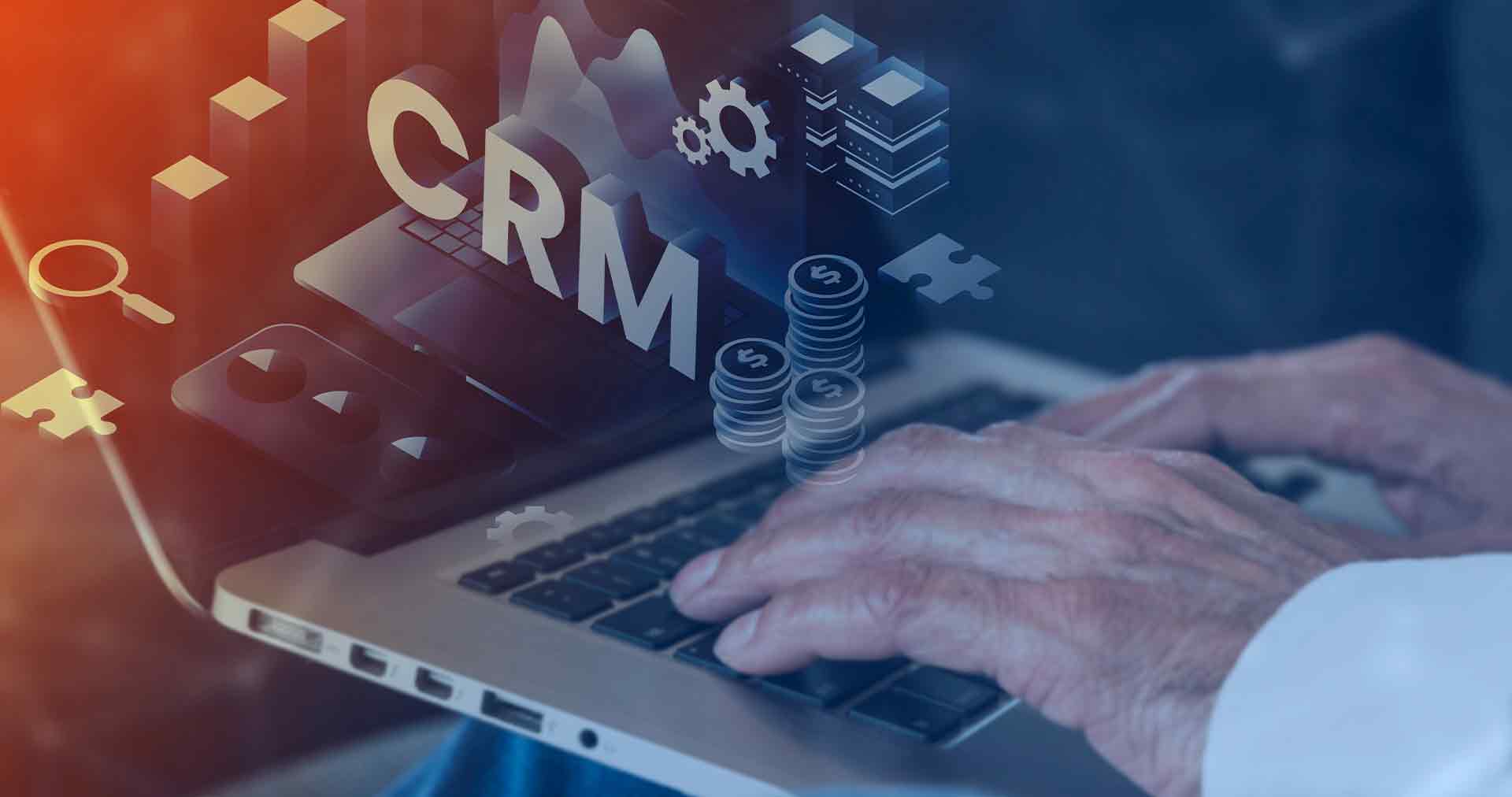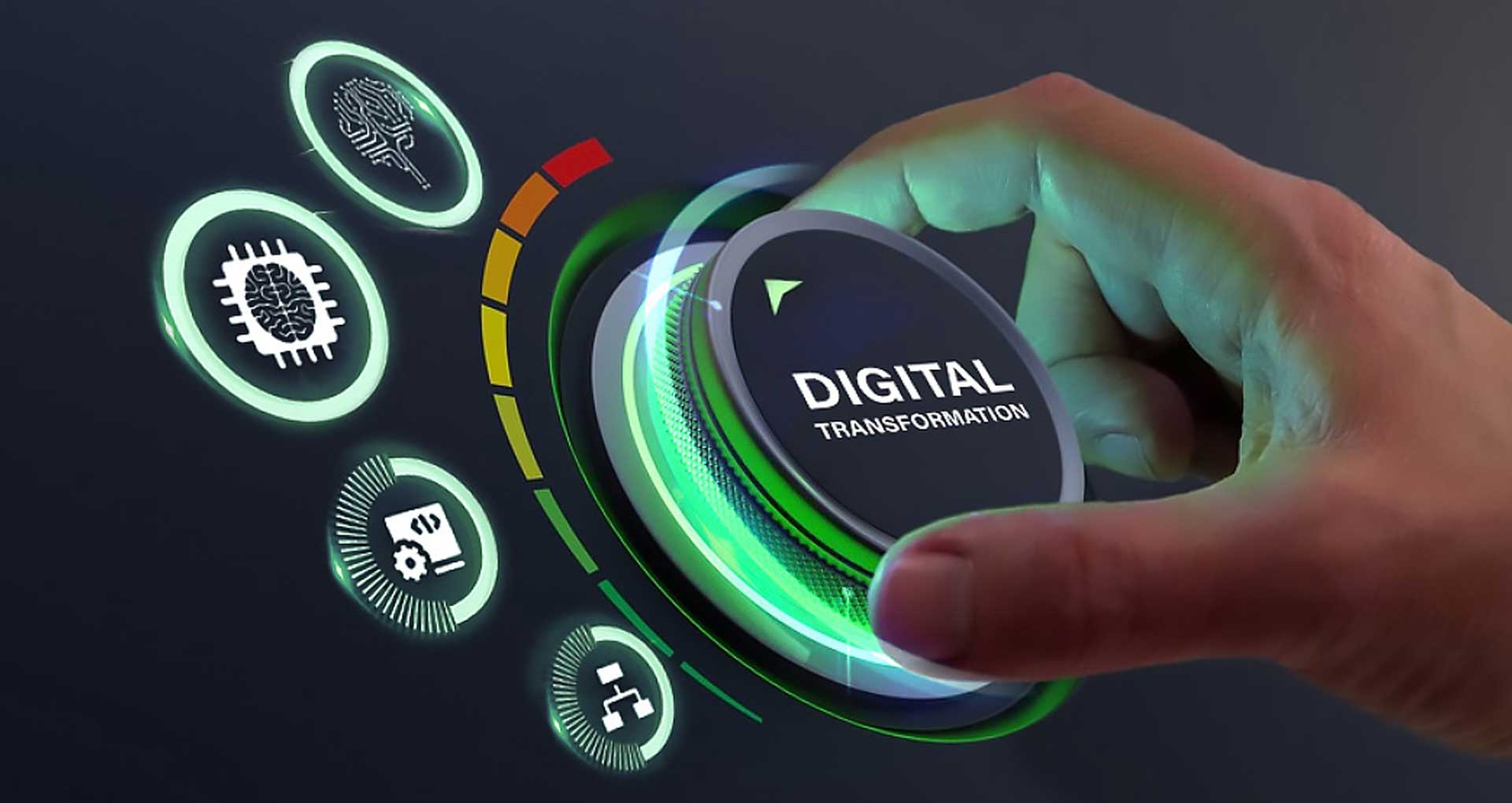Technology has played a critical role in the growth of the pharmaceutical industry in recent years. With custom pharmacy management systems simplifying the process of medication dispensing, management of inventory, and sales-related processes, it is surely empowering the vertical for good.
The recent COVID-19 pandemic was a testimony for many organizations to realize the scope of the pharmacy management systems and why to invest in them. The ecosystem aims to address the operational system complexities and supports the holistic development of the pharmacies & drug stores. It would help increase revenue generation and streamline processes.
So, if you want to harness the power of a feature-rich pharmacy management solution to seamlessly address & manage patient & document management, cash flow management, regulatory requirements & how to outrun the competition, then this blog is for you.
Let’s dive right into it!
What Is A Pharmacy Management System (PMS)?
It is an online tool that records, supports, and enables complex automation of routine processes for pharmacy operations. This helps simplify, streamline and automate workflows, processes such as drug stock control, billing, customer management, medical claims management, prescription processing within pharmacies and pharmacy chains dietary supplements, hygiene items, medical supplies.
Benefits Of Pharmacy Management System
- Customer Satisfaction – PMS system ensures every transaction is accurate and processed quickly.
- Accessibility – Improved control over pharmacy operations.
- Reduced paperwork – Eliminates paper-based workflow and simplifies data storage and retrieval.
- Better productivity – Enables the users to manage patient profiles, manage processing and billing, smoothen their workflow, manage accounts receivable, manage claims, and control inventory management.
- Drug Documentation – Maintains drug profile repository with details such as the composition of medicine and substitutes
- Barcode Labels – Automates barcode labeling of medication and print expiry dates
- Influence Customer Shopping – CRM module facilitates sending email and SMS alerts to consumers about enticing offers and promotional schemes.
Challenges Faced By Traditional Pharmacy Practices
- Absence of Process Automation: The major bottleneck of the manual system is the lack of automation techniques. The staff can spend time on serving the needs of customers by eliminating the requirement to budge in time-consuming & paper-handling tasks.
- Lack of Consistency: Each pharmacy has its own set of rules, workflow and procedures to follow. The inconsistent process tracking leads to errors, chaos, and anomalies in the system.
- Medication Billing Errors: The inefficient billing procedure can cause errors such as incomplete entries, incorrect diagnostic code, redundant entries, and more.
- Inaccurate Inventory Records: Managing the stock of medicines and supplies plays a vital role. The decision to purchase/procure and from which suppliers are essential components of inventory management. The discrepancy in gauging sales requirements for medicines can cause overstocking or understocking.
- Decentralized Payment Management: Lack of streamlined processing systems and proper billing solutions can lead to inefficient payments.
Modules & Features Of Pharmacy Management System

- ePrescription: This PMS module is one of the most vital features that considerably mitigates the risk of human errors and provides a convenient solution for patients. It helps manage refills and enables doctors to send fresh refills directly to the pharmacy information system. Data stored in the system minimizes the chances of errors.
- Inventory Management: According to a recent study, Pharmacists generally spend one-fifth of the workday managing manual paper-based inventory. The retail pharmacy inventory management system is most crucial for order delay to lead and delay in medical procedures or medication errors. This makes easy data-driven decisions and updates stock levels automatically to relieve pharmacy staff from indulging in labor-intensive inventory activities. It helps manage supplies, with timely ordering, identifying & records filling and pick-up details. Moreover, it also provides real-time alerts when a medication is about to run out.
- Notification: This module of the pharmacy store management system helps schedule automated updates and push notifications to be sent to the customers. This would help them to restock even before even before their prescriptions run out. Patients can then inform if they need a refill by replying to the message. The status updates enable pharmacy owners to keep in touch via chat and calling mechanism to enhance customer satisfaction. Developing a custom mobile app and integrating it into a pharmacy management system is a wise way to boost client engagement and streamline communication.
- User Management: A critical component of the pharmacy management system module, it enables authentication of user access based on different groups. It would allow businesses to control and manage users based on their access rights.
- Admin User: Manage medicine listings, monitor stocks and other operational tasks.
- Admin Authentication User: Enables authenticated users to view entire processes – including transactions, sales reports generation, manipulate the medicine list and stock.
- Pharmacy Analytics: Data and analytics are revolutionizing most of the industries today. Through pharmacy management solutions, the stores can unlock potential opportunities to thrive in a highly competitive landscape. The analytics module utilizes data to provide actionable insights into expenses, sales, revenue generation and overall pharmacy performance. With the right tools & frameworks in place, this feature enables improving the business profitability, manage workflow better, minimize inventory handling cost and forecast accurate stock needs for the near future.
- Online Pharma Store: Amid the pandemic, contactless has become the “new normal” buzzword. The great convenience of ordering medicines from home entices customers. With the digital transformation of your business, you can suffice the needs of the online requests. Consider an integrated e-commerce module with features enabling you to manage contactless sales online. A reliable software development provider can help you with a custom solution.
Essential Considerations Of How To Create A Pharmacy Management System
Here are the essentials of pharmacy management software development to consider while developing a digitalized solution:
Step 1: Identify Business Goals
Define exactly what you are looking for. Precise inputs and measurable ideas on modules & features such as inventory tracking, cost-savings, building a system that helps automate operations and more are some of the goals that you wish to accomplish from the system.
Step 2: User Analysis
Consider taking feedback from pharmacists, technicians, suppliers and doctors before building the custom system that has to be specific to the organization’s requirements. This could help bridge gaps and gain clarity on functionalities that need to be integrated.
Step 3: Record Insights
After gathering information, it is necessary to draft system requirements specifications. This would serve as the most important documentation for the project.
Step 4: Design and Development
Once you have a requirement in place, an experienced pharmacy management solution provider can draft and implement a business model that best suits the project requirement.
Tech Stack For Pharmacy Management Software
- Front End: Angular, Java, Swift, Kotlin, PHP, CSS3, HTML5
- Back End: Python, Node.JS, Laravel,
- Database: MySQL, PostgreSQL
- Hosting Platform: AWS
- Analytics: Amazon EMR, Google Analytics
- Payment Gateway: Braintree, PayPal, Stripe
- Social Login: Facebook, Google, LinkedIn, Twitter APIs, etc.
Regulatory Compliance
We enable meeting the stringent legal requirements defined by major regulators and government agencies controlling the pharmaceuticals trade including,
- National Council for Prescription Drug Programs (NCPDP)
- United States Pharmacopeia (USP)
- The U.S. Department of Health and Human Services (HHS)
- HITECH’s Meaningful Use (MU) specifications
- Medicines and Healthcare products Regulatory Agency (MHRA)
- The Health Insurance Portability and Accountability Act (HIPAA)
- Health Level 7 International (HL7)
- The Food and Drug Administration’s (FDA) Title 21 CFR Part 11 rules
How Much does It Cost To Develop PMS?
It depends on several factors usually. Though with clarity on the following aspects will help you broadly craft estimate the cost and budgeting the overall process.
- Modules, functionalities, or features
- ERP and CRM modules
- Size and geographic location
- Design complexity
- Tools, frameworks and tech stack
- The expected outcomes (revenue/user base)
- Total platforms you wish to deploy your system – Mobile/ Desktop app
- Third-Party API integrations
- Data Migration
- Maintenance
Why Choose Rishabh Software To Develop PMS?
We understand that the one-size-fits-all approach doesn’t work in a pharmacy landscape with so many variables. With over two decades of experience in enterprise solution development, we build custom softwares that truly deliver on your business needs. Our dedicated specialists provide healthcare IT consulting to map the goals, align with your vision and address any possible challenges.
We leverage strong technology acumen to help you choose pharmacy software and services that match your workflow, goals and budget. Our proficient development team can help build a fully integrated pharmacy automation system to help you maximize operational efficiency and minimize operating costs.
If you have a unique idea or a specific requirement to share, we’re just a step away.











 30 Min
30 Min


